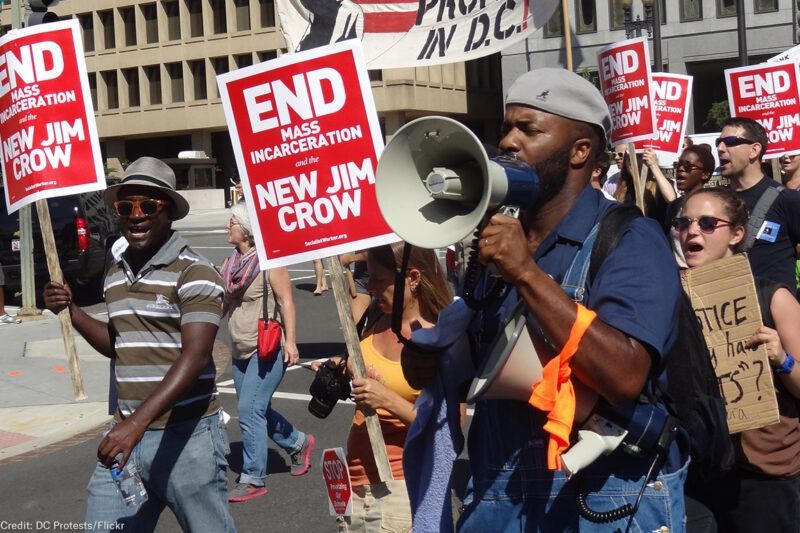Capping Prison Sentences at 20 Years - How Much Is Enough?
Sentencing Project identifies sentence caps as mechanism to reduce mass incarceration

The moral battle over issues of incarceration arise from the challenge of reconciling the visceral desire for extreme punishment after a truly horrific crime, and the sober truth that as a rule, sentences longer than 20 years are needlessly cruel. People age out of crime, and draconian sentences are not only a major driver of mass incarceration, they exacerbate racial disparities in the criminal legal system. Everything we know about excessively long sentences tells us they are pointless except in the rarest of case. Yet everything we feel about the most serious offenses tells us, or at least, tells some people in decision making positions, that 20 years’ punishment does not fit the crime.
In a new report from The Sentencing Project, capping sentences for the most serious offenses at 20 years and shifting sentences for all other offenses proportionately downward, including by decriminalizing some acts, is a vital decarceration strategy to arrive at a system that values human dignity and prioritizes racial equity.
The report recommends the following seven legislative reforms to cap sentences at 20 years and right-size the sentencing structure:
- Abolish death and life without parole (LWOP) sentences, limiting maximum sentences to 20 years.
- Limit murder statutes to intentional killings, excluding offenses such as felony murder, and reduce homicide penalties.
- Eliminate mandatory minimum sentences and reform sentencing guidelines to ensure that judges can use their discretion to consider mitigating circumstances.
- Provide universal access to parole and ensure timely review.
- Eliminate consecutive sentences and limit sentence enhancements, including repealing “truth-in-sentencing” and “habitual offender” laws.
- Create an opportunity for judicial “second look” resentencing within a maximum of 10 years of imprisonment, regardless of an individual’s offense.
- Shift all sentences downward, including by de-felonizing many offenses and decriminalizing many misdemeanors.
You can download and read the full PDF report "Counting Down - Paths to a 20 Year Maximum Prison Sentence" from The Sentencing Project.










